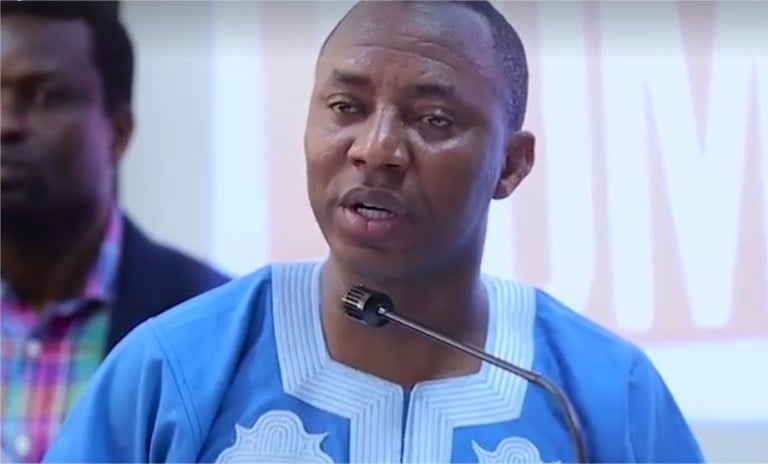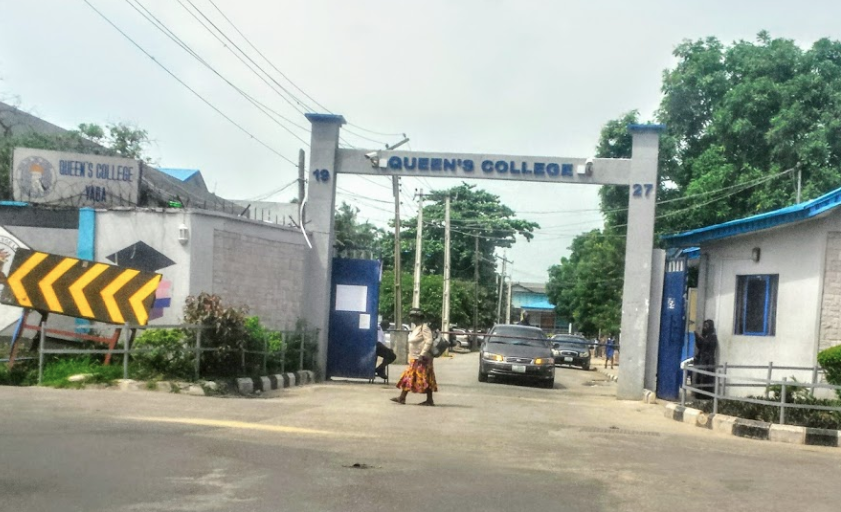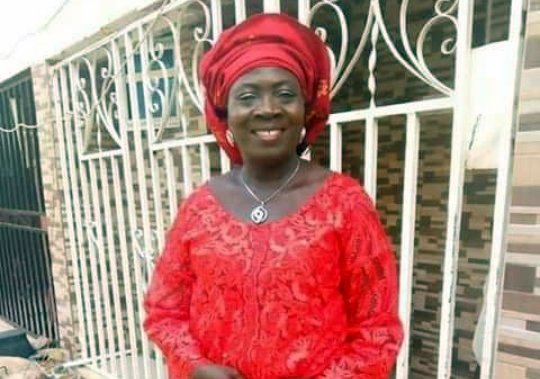Kayode Fayemi, governor of Ekiti state and chairman of the Nigeria Governors Forum (NGF), arrived in the United States on Wednesday morning and delivered a paper as guest speaker at the United States Institute of Peace (USIP), TheCable can report.
In his lecture, he warned that the people distrust their governments so much that they desert the state and “many simply do not care enough about the public realm” — an apathy he described as “dangerous for democracy”.
His trip lays to rest recent speculations that he was denied a visa and barred from the US because of his alleged role in the 2019 general election in Nigeria.
The US had threatened to sanction government officials and individuals who unduly interfered in the electoral process.
Advertisement
There were rumours on the internet two weeks ago that Fayemi was denied the visa despite attending an interview at the US embassy.
He was said to have — “in full blown anger” — torn the rejection letter and hurled the pieces at the embassy officials.
However, the NGF immediately denied the rumours, explaining that when the American embassy indicated that the visa might not be ready by Friday, November 8, “Dr Fayemi retrieved his passport because of a crucial speaking engagement at the AfDB Africa Investment Forum in South Africa on Monday, November 11 2019”.
Advertisement
He was to go to the US along with select governors at the instance of the Aliko Dangote Foundation and the Bill & Melinda Gates Foundation.
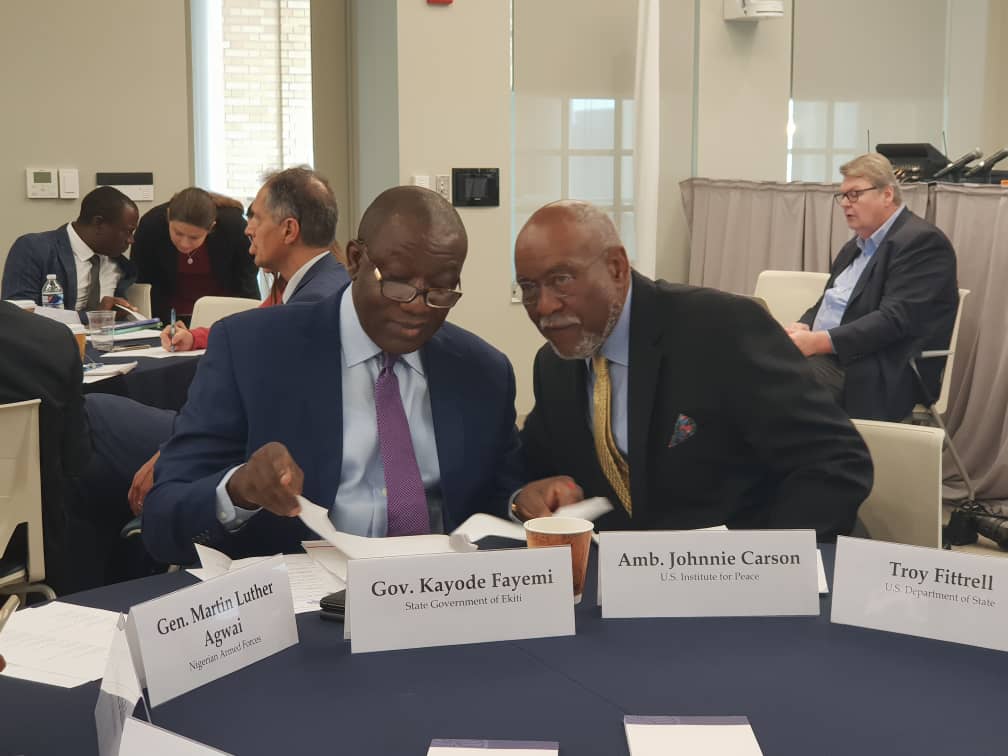
TheCable confirmed that Fayemi was issued his visa on his return from South Africa.
In his paper at USIP, Washington, DC, Fayemi spoke on “20 years of Democratisation in Nigeria: Successes and Challenges”.
He said: “What we established in 1999 is the right to choose our leaders via the ballot. But democracy is more than just the ability to choose one’s leaders. As Larry Diamond argues in his latest book, ’Ill Winds’, it means ‘strong protection for basic liberties, such as freedom of the press, association, assembly, belief and religion; the fair treatment of racial and cultural minorities; a robust rule of law; in which all citizens are equal under the law and no one is above it; an independent judiciary to uphold that principle, trust-worthy law enforcement institutions to check the potential for high government officials to behave corruptly; and a lively civil society made up of independent associations, social movements…’
Advertisement
“The current phase of the struggle is therefore not just about maintaining the sanctity of the ballot but also holding those elected accountable and stimulating civic engagement in the public realm, in a way that democratizes ownership and improves the quality of life of our people. We must banish the idea that governance is something performed by a team of gifted performers or strong men, while the rest of the citizens are spectators or complainers. During the days of military rule, some soldiers declared with more than a touch of hubris that politics is much too important to be left to politicians. By this they meant that the military had the right to be political players since politicians had generally proven inept. Ultimately, the military proved to be no better at politics and governance themselves.
“But there is a fundamental truth to the saying that politics is too important to be left to politicians. It is about redefining politics itself, transforming it from a rarefied craft reserved for a select few professional politicians, to the protocols and relationships that undergird personal, communal and social wellbeing. In other words, politics is the management of human relationships, interactions and aspirations in the service of the common good. It is not something mysterious that only ‘politicians’ do; it is how citizens operate. Politics is a civic responsibility. It is how we engage with each other. The pursuit of good governance means that politicians can no longer be left to their own devices.
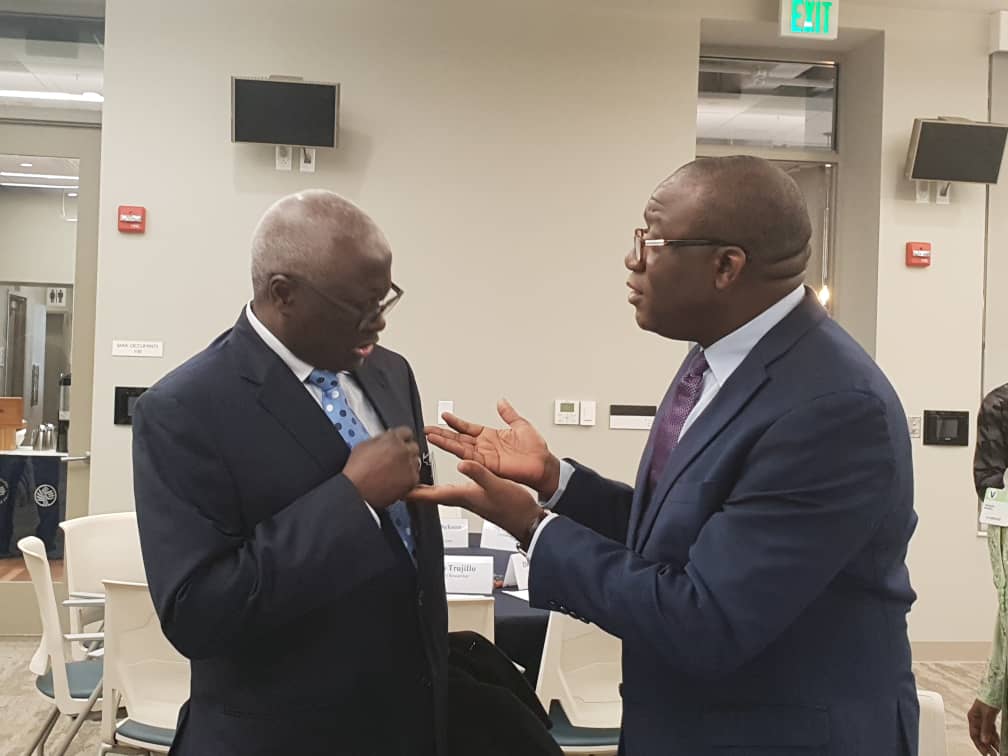
“Seen in this light, the mutual estrangement of government and civil society will end. The civil society will continue to express the communal instinct to regulate power but the chronic antagonism that poisons relations between the state and civil society will be replaced by mutual respect and positive tension. Civic engagement means that the state can access a much larger pool of wisdom and knowledge made available by a new rapport with civil society. In return, participatory governance will become much more practicable across all levels of governance.
“Before we arrive at that new rapport between the state and society, we must work hard to address a lingering threat, a carry over from the days of military rule. The biggest challenge facing us as democrats is to rebuild trust between the state and society. The relationship between both spheres is often needlessly adversarial owing to a lack of trust. Simply put, Nigerians do not trust their governments and this has made it difficult, indeed in some cases, impossible, to build mass citizen movements for a fuller democratic engagement.”
Advertisement
Fayemi said “residual distrust of power” feeds apathy, disinterest and cynical disengagement.
“The people distrust their governments but not enough to actively check them and avert excesses of power. Rather, they distrust them so much that they desert the state and many simply do not care enough about the public realm. This indifference is dangerous for democracy. Democratic institutions cannot survive or be strengthened in a climate of antipathy nor can politicians long retain their legitimacy under such circumstances. If the price of a free society is eternal vigilance, then apathy will carry a severe penalty for our republic,” he said.
Advertisement
The governor said looking back on two decades of democratisation in Nigeria, “it is instructive to note that only civic movements mobilised in the context of larger patriotic interests can overwhelm the forces of impunity. It is the discipline of civic engagement that will keep at bay those who wish to turn back the hands of the clock and return us to the dark days of totalitarian rule. The struggle we are engaged in is dedicated to making this democracy truly a government of the people, for the people and by the people, and by so doing honour the memory of all those who paid the supreme sacrifice pursuant of our common aspirations for the good society”.
Advertisement
Add a comment


